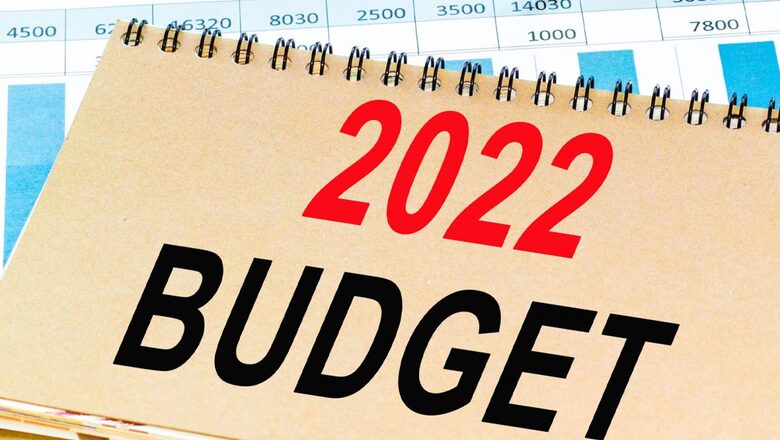
views
When the pandemic struck, most organisations struggled to adapt to the “new normal”, while some resorted to strategic changes in a phased manner. One of the most common and immediate changes adopted by most employers was the work-from-home (WFH) culture for employees to continue with their business needs.
Live Updates: Budget 2022 LIVE Updates: Will FM Listen to your Mann Ki Baat and Rejig Income Tax Slab?
The shift to a work-from-home model has had a significant and enduring effect on the pockets of employees. Where they once never needed to worry about reimbursable mobile phone charges, furniture, electricity and internet-related expenses thanks to these being taken care of by their employers, working from home has now meant employees have to shoulder all of these costs. “The Budget 2021 may introduce tax-free work from home allowances for salaried employees. Allowing deductions for such expenses will raise the take-home salary, ultimately creating demand for goods and services in the country,” Archit Gupta, Founder and CEO, ClearTax.
In the face of rising inflation and waning average per capita incomes, the salaried class will be looking to Finance Minister Nirmala Sitharaman to provide some relief in Budget 2022.
Work from Home Allowance
Given the new expenses employees are beset with, the Institute of Chartered Accountants of India (ICAI) has called on the central government to include some tax relief related to work-from-home expenses. In its pre-Budget memorandum, it wrote, “It is suggested that expenses incurred towards furniture/other set-up costs may be specifically exempted.” “Since the employees may not have the proper set up at home for carrying out official duties, the employer provides necessary set up so that the employees can execute their work efficiently and effectively,” it added.
As per the ICAI, tax exemptions should extend to the “provision of desk, chairs and another set up at employees’ residence in light of work from home and could be taxed as perquisite in the hands of the employees.”
Enhancement of Allowances/Reimbursements:
Household expenditure has been adversely affected since the onset of the pandemic on account of increased medical cost and WFH expenses such as cost of furniture, electricity, internet, etc. Keeping these in mind, the standard deduction limit should be enhanced from Rs50,000 to Rs75,000.
Deduction for Contribution to Provident Fund (PF) Account
In recent Budgets, the excess contributions and interest accruals in PF accounts were brought under the taxation net. However, employee PF contribution qualifies under the combined deduction limit of Rs150,000 (under Section 80C of Income-tax Act, 1961) and therefore, should be provided separately.
Further, increasing household savings not only benefit individuals but provides a source of cheap and long-term funds to the government. Sujith Narayanan, Co-Founder, Fi-Neo-bank, said: “The budget should increase the annual limit of Rs 1.5 lakh on tax-saving schemes under section 80C to encourage savings and investments. Additionally, the lock-in period of five years on tax-saving fixed deposits under this section should be reduced to three years to make it a more attractive investment option.”
Read all the Latest Business News here















Comments
0 comment